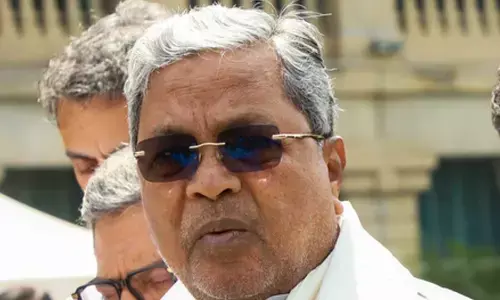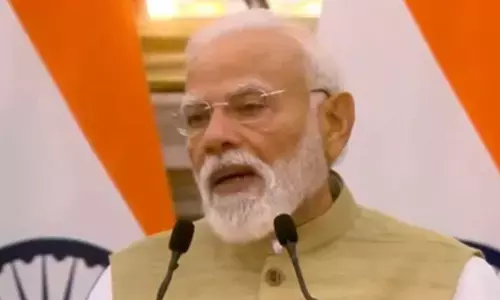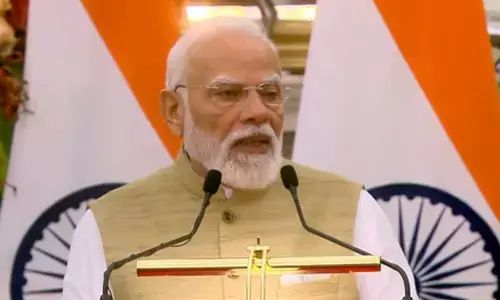Israeli court bars 'racist' candidates from September poll

Jewish Power members are followers of late racist rabbi Meir Kahane, whose Kach movement wanted to chase Arabs from Israel.
JERUSALEM: Israel's Supreme Court has barred two members of an extreme-right party many views as racist from running in a September 17 general election.
The court ruled that candidates Benzi Gopstein and Baruch Marzel, of the Jewish Power party, could not stand, quoting a law barring "incitement to racism" by candidates, according to a court statement late Sunday.
Jewish Power members are followers of late racist Rabbi Meir Kahane, whose Kach movement wanted to chase Arabs from Israel.
The ideology of Kahane, assassinated in New York in 1990, also inspired Baruch Goldstein, who carried out a massacre of 29 Palestinian worshippers in Hebron in 1994.
The court rejected petitions to ban the Jewish Power as a party and upheld the candidacy of West Bank settler Itamar Ben-Gvir, who heads its electoral list.
Ben-Gvir acknowledges having a picture of Goldstein in his living room but has reportedly said it is because he was a physician who rescued Jews targeted in Palestinian attacks.
Indicted 53 times since his youth, Ben-Gvir boasts of having been cleared in 46 cases. He decided to study law on the recommendation of judges so he could defend himself.
He now represents settlers accused of violence, including those allegedly responsible for an arson attack that killed an 18-month-old Palestinian boy and his parents in 2015 in the West Bank, an incident that drew widespread revulsion.
Jewish Power advocates removing "Israel's enemies from our land," a reference to Palestinians and Arab Israelis who carry out attacks.
It also calls for Israel annexing the occupied West Bank, where more than 2.5 million Palestinians live.
Alone it was considered unlikely to garner the 3.25 per cent of votes cast necessary to get into parliament.
But a deal mentored by Prime Minister Benjamin Netanyahu saw it entering an electoral alliance with two other far-right parties, improving its chances.
The pact drew disgust from many in Israel and among Jewish communities abroad, particularly in the United States.
For Netanyahu, the deal ahead of what is expected to be a close election was pure politics.
He defended it by saying he does not want any right-wing votes to go to waste as he plans his next coalition.









